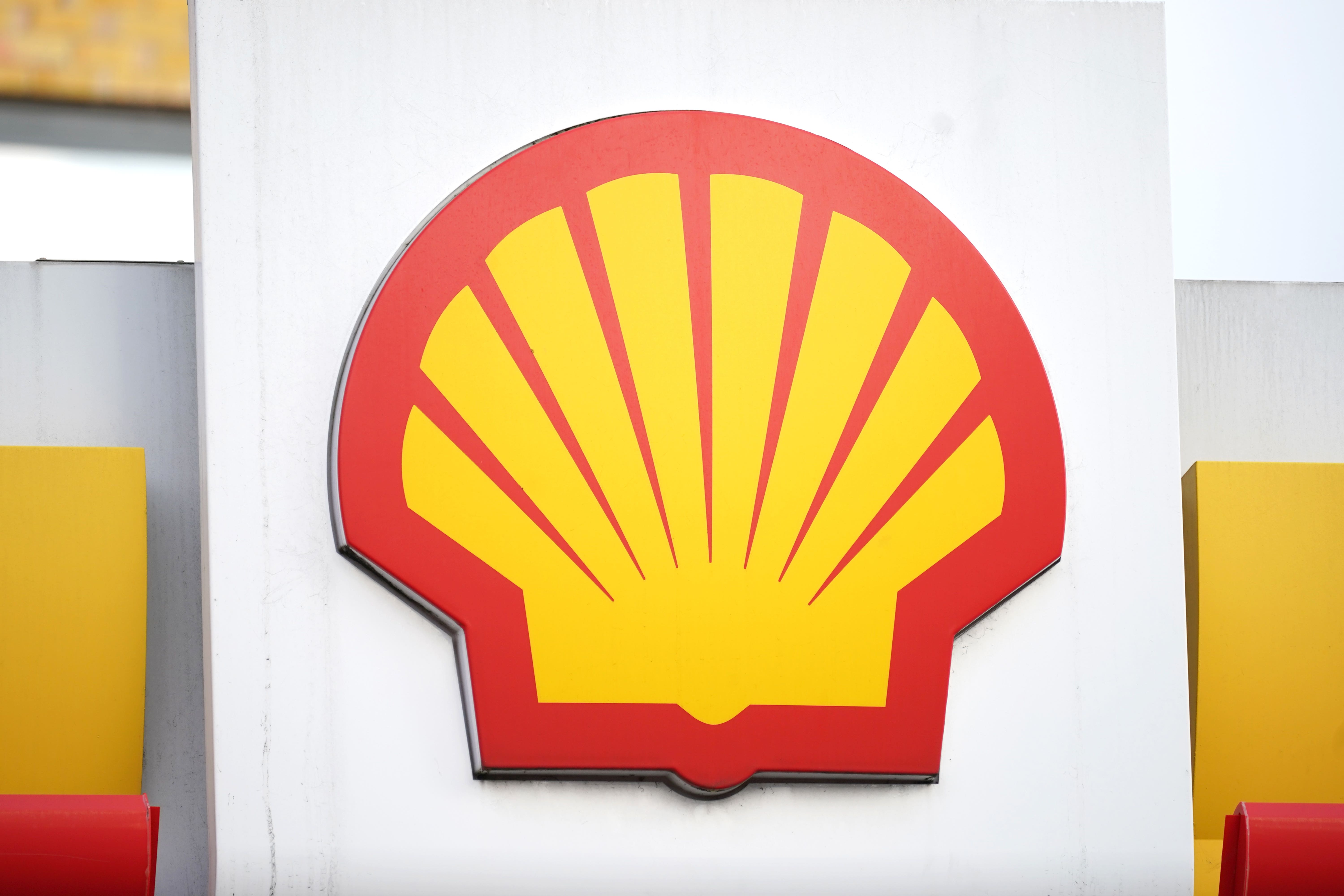Shell expects increase in gas trading over third quarter
The company also said trading in its chemicals and products division will beat second-quarter levels.

Your support helps us to tell the story
From reproductive rights to climate change to Big Tech, The Independent is on the ground when the story is developing. Whether it's investigating the financials of Elon Musk's pro-Trump PAC or producing our latest documentary, 'The A Word', which shines a light on the American women fighting for reproductive rights, we know how important it is to parse out the facts from the messaging.
At such a critical moment in US history, we need reporters on the ground. Your donation allows us to keep sending journalists to speak to both sides of the story.
The Independent is trusted by Americans across the entire political spectrum. And unlike many other quality news outlets, we choose not to lock Americans out of our reporting and analysis with paywalls. We believe quality journalism should be available to everyone, paid for by those who can afford it.
Your support makes all the difference.Energy giant Shell has revealed that trading in its gas division is set to be higher over the past three months compared to the previous quarter.
The improved performance comes after the oil company missed expectations in July, with adjusted earnings more than halving between March and June compared to the same period a year ago.
Shell also said trading in its chemicals and products division will beat second-quarter levels in the short update to shareholders.
Nevertheless, production of integrated gas will be lower amid scheduled maintenance works, including in Trinidad and Tobago.
It produced up to 920,000 barrels of oil equivalent per day between July and September, down from 985,000 over the second quarter.
The London-listed firm is set to report adjusted losses of between 400 million US dollars (£329 million) and 600 million US dollars (£493 million) for its corporate division.
Meanwhile, it could pay up to 3.5 billion dollars (£2.9 billion) in tax in the latest three-month period.
The oil giant has faced controversy by saying it will no longer try to reduce its oil production by 1%-2% per year until the end of this decade.
This target has already been reached because it sold off some of its oil fields, allowing other companies to produce the oil instead, the company said.
It is set to continue producing about as much oil as it does today until 2030.